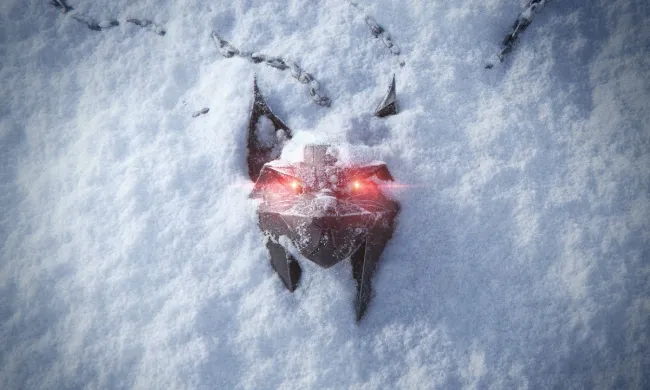CD Projekt Red has made a bold declaration about the future of its acclaimed fantasy franchise, announcing that The Witcher 4 will surpass both The Witcher 3 and Cyberpunk 2077 in scale and quality. As the game enters full-scale production, the Polish developer is setting ambitious goals while acknowledging the need to avoid past missteps.
In a revealing interview with Eurogamer, Lead Engine Programmer Charles Tremblay shared insights into the studio’s vision for their next major release. The development team is embracing significant technological changes, most notably the switch from their proprietary REDengine to Unreal Engine for all future projects. This transition marks a new era for the studio, with Cyberpunk 2077 standing as the final title to utilize their in-house engine.
Despite the challenges of adopting new technology, Tremblay emphasized that the studio’s ambitions remain undiminished. I will not say it’s easy,” he acknowledged, “but I think that we have some cool stuff going, and hopefully that will have some good showcase of the technology.” This statement reflects the studio’s commitment to pushing boundaries while maintaining their trademark attention to detail and scope.
The developer’s dedication to improvement stems partly from lessons learned during Cyberpunk 2077’s troubled launch. Tremblay was unequivocal in stating that releasing a game in such a state was “unacceptable,” emphasizing the studio’s determination to deliver a more polished experience with The Witcher 4. This commitment to quality appears to be deeply ingrained in the studio’s new development philosophy.
This renewed approach to game development was further illuminated by Maria Mazur, a quest designer for Cyberpunk 2077: Phantom Liberty, who described how the DLC’s development process represented a significant improvement in inter-departmental communication and collaborative decision-making. This refined methodology is expected to carry forward into The Witcher 4’s development, potentially setting a new standard for the studio’s future projects.
The studio’s decision to characterize their next title as “better, bigger, greater” than their previous works is particularly noteworthy given the already impressive scope of The Witcher 3: Wild Hunt and Cyberpunk 2077. Both games are known for their vast open worlds, intricate storytelling, and complex game systems, making the promise of surpassing them a truly ambitious undertaking.
The shift to Unreal Engine represents more than just a technical change; it signals a strategic move to streamline development and potentially avoid the technical difficulties that plagued previous releases. By adopting an industry-standard engine, CD Projekt Red may be better positioned to focus on content creation and polish rather than technical infrastructure.
While no release window has been announced for The Witcher 4, the confirmation that full production has begun as we approach 2025 suggests the studio is making steady progress. The development team’s openness about their intentions and lessons learned demonstrates a maturity and self-awareness that could bode well for the project’s ultimate success.
The gaming community’s response to these announcements has been measured, with many expressing optimism about the studio’s transparent approach while maintaining healthy skepticism given past experiences. The pressure to deliver on these ambitious promises will be significant, especially given The Witcher franchise’s beloved status among RPG fans.
As development continues, all eyes will be on CD Projekt Red to see how they balance their ambitious vision with the practical realities of game development. The studio’s commitment to learning from past experiences while pushing forward with greater ambitions could mark a turning point in their evolution as a developer, potentially setting new standards for what players can expect from modern RPGs.
















Add Comment